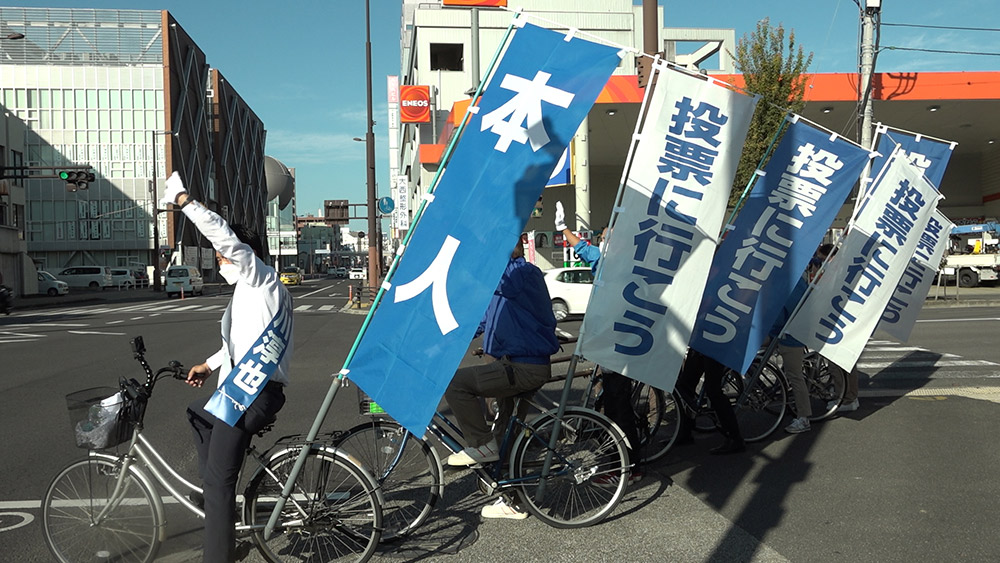!["Kagawa 1st Ward" Director Arata Oshima depicts the true picture of Japanese democracy in an entertaining masterpiece that surpasses his previous work [Director's Interview Vol.171]](https://cinemore.jp/images/a444c43ad1e289ac092f3cf2250fcd4549e5a9e8f7f3dcf0ab25db5ea6387ded.jpg)
"Kagawa 1st Ward" Director Arata Oshima depicts the true picture of Japanese democracy in an entertaining masterpiece that surpasses his previous work [Director's Interview Vol.171]
Hesitation about intervening in reality
Q: During the interview process, what were the major differences from your previous work, ``Why You~''?
Oshima: In the previous work, we were both reporters and recorders. This time, however, he has become the person who actually intervenes as a party. I especially felt this while filming.
If you go to Ogawa's camp, they'll say, "Thanks to the movie..." and that's a bit of a shame, but from Hirai's camp, they'll say, "It's a PR movie." So I thought I had no choice but to make a record that included that, and it felt strange.
Q: When the previous film was released, Director Oshima said something to the effect of, ``I don't really get close to my subjects.'' Do you feel like you've gotten a lot closer to your subjects this time?
Oshima: No, I was trying to be careful. It may be that the scene that is being shown happens to be like that. To borrow Mr. Ogawa's expression, "51 to 49," 49 is my friend, but I still want to interact with 51 as an interviewer and director.

“Kagawa 1st Ward” © 2021 NETZGEN
Q: There is a part that I like the most in this work. Prime Minister Kishida comes to Kagawa to give a speech of support. When Oshima went to the venue for an interview, he was turned away because only the press was allowed in. But then, as an investigative report, I uncovered some amazing facts. Even though I was told that ``it's no good unless it's a news organization,'' the organization was delving into facts that would put even the news organizations to shame, and I found that structure very exciting.
Oshima: When I first heard that information, I was confused and wondered if it was something that could be proven. I consulted with a reporter from Weekly Bunshun and a lawyer about this and included it in this work. Since I am the director of ``Why You'', the accuser had no choice but to give me the information. Even if you take the information to the local media, it will be crushed. That's why I think it was probably a desperate feeling. They accessed me from the other side, but in that sense too, we are the parties involved.
Q: Please tell us your favorite part about director Oshima.
Oshima: It was in the taxi after Mr. Ogawa had a fight with Mr. Tasaki.
Q: It's the scene where Mr. Ogawa gets angry with political journalist Shiro Tasaki and immediately apologizes on the phone from the taxi.
Oshima: At that time, the secretary next to me covered her face like, ``What are you doing already?'' That's my key point (lol).
Q: It was also impressive that Mr. Oshima advised Mr. Ogawa that he should apologize right away.
Oshima: But that scene saved me. Without that, Mr. Ogawa would seem quite dangerous.

